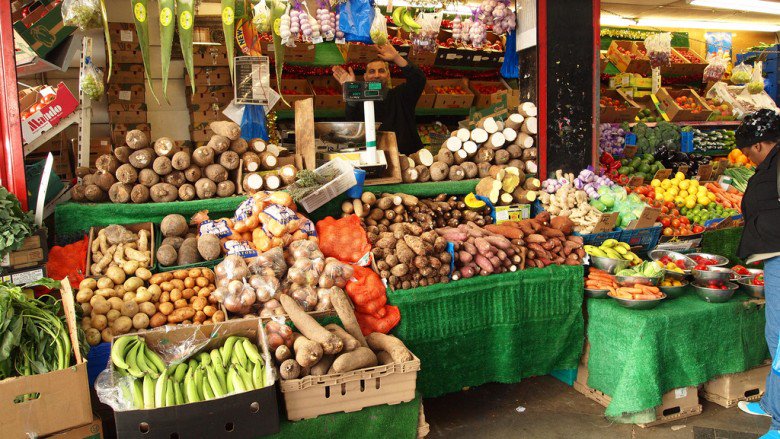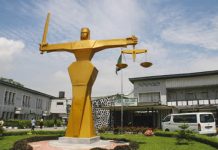Nigeria’s economy came out of recession in the fourth quarter of 2020, a situation that came as a surprise to many analysts.
After the coronavirus-induced recession last year, Nigeria’s Gross Domestic Product (GDP) grew by 0.11 per cent in Q4 2020, which the Minister of Finance, Ahmed Zainab, attributed to a combination of the government’s fiscal, monetary and trade policies.
In the first quarter of this year, statistics from the National Bureau of Statistics (NBS) also showed that slow growth of 0.51 per cent was recorded, a situation which the Monetary Policy Committee (MPC) of the Central Bank of Nigeria described as fragile since the growth rate was far below the population rate.
Also, the NBS report stated that inflation eased in April 2021 to 18.12 percent on a year-on-year basis from 18.17 percent in March 2021.
The report stated that a slight fall in the inflation rate was due to a marginal slowdown in food inflation to 22.72 per cent in April 2021 from 22.95 per cent in the previous month.
However, an analysis of food prices for one year paints a different picture as prices of essential staple foods have increased steadily since April 2020.
These are charts that illustrate trends in the prices of staple foods in Nigeria since the pandemic started last year, from April 2020 till April 2021.
Bread

The price of bread in Nigeria reached a peak in March 2021 with bakers planning to effect another price increase in the coming months by 30 per cent due to rising cost of baking materials. According to the Association of Master Bakers and Caterers of Nigeria (AMBCN), one truck of flour that cost less than N6 million before is now N9 million. Sugar, which is a major input, has increased in price.
Egg

The price of egg, a major source of protein in Nigeria, have been on a steady increase since last year following the scarcity and increase in the price of the maize and soybean, that are used in formulating feeds for poultry birds. This incident has led to high cost of poultry feed, financial distress to farmers and loss of their investment.
Brown Beans

Many farmers known for the cultivation brown beans in Northern Nigeria have been displaced by bandits and Boko Haram insurgents, leading to limited supply of the product despite huge demand.
Garri

Cassava flakes, popularly known as garri, has always been affordable for all Nigerians but right now, its price has skyrocketed. The Secretary of the Lagos State Chapter of All Farmers Association of Nigeria (AFAN), Abimbola Fagoyinbo-Francis, reportedly said there will be insufficient supply of cassava used on making garri, cassava flour and other food items as many farmers refused to plant cassava last year.
Rice

Rice is a major staple food that is produced and consumed throughout the country. The price of local rice reached a peak in November last year and has been fluctuating since then. Last year December, Boko Haram insurgents killed rice farmers in Borno State and displaced many others.
Hunger Worsens
The World Food Programme (WFP) in its food security update last month noted that the conflict in the Northeast that has lasted for about 10 years, is limiting humanitarian activities, farming activities, as well as the ongoing dry season harvest and household purchasing power.
The international organisation said severe food consumption deficits, indicative of famine-like conditions, have been observed for 881,000 of people in hard-to-reach areas in Borno State.
Nigeria has also been ranked among the top three countries facing catastrophic levels of acute hunger and starvation if urgent action is not taken to address food insecurity, according to “Hunger Hotspots: FAO-WFP Early Warnings on Acute Food Insecurity, March to July 2021 Outlook”.
The report says, “In the next six months, food and nutrition insecurity is set to rise considerably in northern Nigeria with some 13 million people affected unless food and livelihood assistance is scaled up.”













